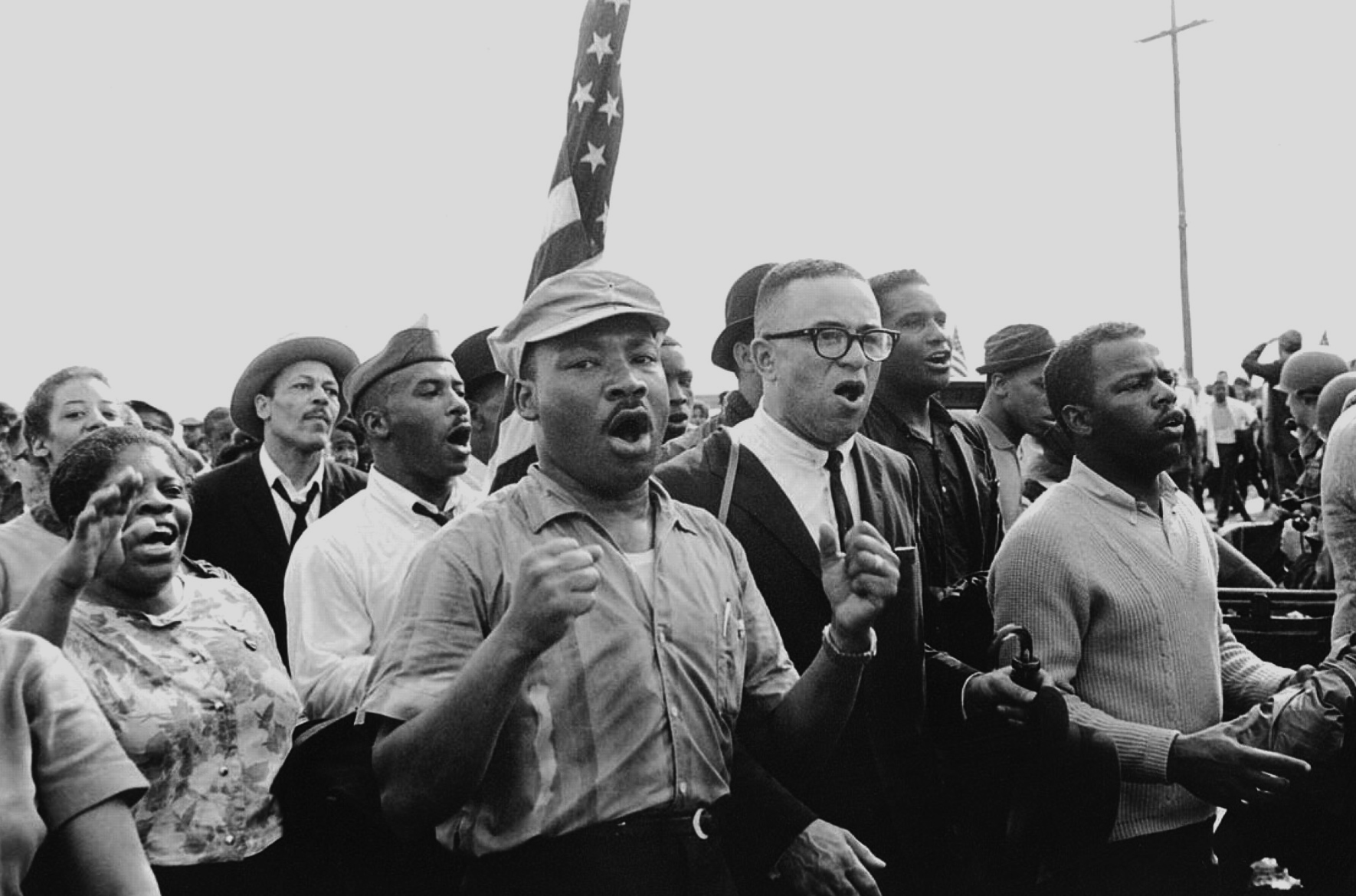Re-discovering Alan Ball's life-and-death melodrama Six Feet Under during a deadly pandemic might seem macabre to some. I think this is a perfect time to consider its weighty existential themes.
To me, Ball's addictively provocative series, which ran for five seasons on HBO (2001-2005), had a bristling approach to our most worrisome fixations -- family, sexuality, sanity, aging, parenthood, careers, relationships, and, yes, death. Though each episode opened with a death, some of which were spectacular, and pondered the afterlife, judgment, recompense, etc., the show was about the lives of the Fishers and the characters who were, for good and ill, in orbits around them.
As with most of HBO's longer-running series, the episodes were not all strong. Ball was especially challenged in writing for his Black characters, relying on easy tropes and shallow characterizations -- but he certainly wasn't alone in that regard.
Viewers will have their favorites of the continuing players -- Nate, David, Claire, Ruth, Keith, Rico -- but I would argue that Brenda Chenowith was the series' most compelling character because of the depth of the emotional and psychological wounds that rendered her nearly sociopathic in Season 1 but led her back to the Fishers, to Nate, time after time for healing (which is ironic considering what a holy mess the Fishers were) until by the end of the series she was the character whose development had been the most dramatic and, frankly, inspiring.









.jpg)


